

Win the Ultimate Sega Napoleon: Total War gaming experience including a PC with the new Intel Core I Processor
When Grenadier Francois-Joseph Jacquin, writer of Carnet De Route D’un Grognard, returned from the wars in 1815, his father and brothers hadn’t a clue who he was. When he walked into the kitchen and embraced his mother, they pounced on him shouting “Let go soldier! What are you doing?” A decade of Napoleonic conflict had changed him beyond all recognition.
We mention this scene because we were expecting Napoleonic conflict to have had a similar effect on gaming’s favourite historical strategy series. Having heard talk of supply lines, attrition modelling and two-week turns, we hadn’t expected Napoleon: Total War to feel quite so close to its 18th century forerunner.
Of course, both titles share the same superstructure so there was always going to be plenty of common ground. Like Empire, NTW is all about taking things that don’t belong to you. You march armies around a handsome 3D strategy map, snaffling territories like a starving soldier snaffles roadside turnips. When armies meet, the turn-based malarkey makes way for stirring real-time carnage. If you’ve never tried it before, the perfect blend of the managerial and the martial will knock your socks off.
The problem is that many of us have tried it before. We hazard a guess that a fair portion of you reading this will have been Total Warring since Roman times (2004). A few will probably remember the spritely surprise that was Shogun (2000). To impress us – the old hands – NTW needed two things: novelty and refinement. Alas, it offers precious little of the latter and only a flawed form of the former.
But let’s get the cannonball rolling with some positivity. Even the weariest, most critical warmongers are going to find it hard to resist the lure of the new theatres. The three consecutive campaigns all boast bespoke strat maps and all take their goals from a different phase of Boney’s blood-spattered career. Once the tutorial has outlined his formative years, you find yourself in Nice, City of Biscuits, gazing east at a patchwork of Northern Italian states ripe for conquest, comradeship and coercion.
Developers Creative Assembly know how intimidating their traditional grand campaigns can be. This dainty hors d’oeuvre is deliberately compact, focused and short. Which isn’t to say it’s easy. Having persuaded Piedmont-Sardinia to become our gimp – sorry, protectorate, – and ‘liberated’ various minors from Austrian oppression, we were happily pushing the Habsburgs back across the Alps when a message popped-up reminding us there were only six turns left in which to capture distant Klagenfurt. Merde! We’d forgotten about the 40-turn time limit and the Klagenfurt clause. Horses weren’t spared, stragglers were left behind, but it was all to no avail. We’d tarried in Tuscany, lingered in Liguria, and pratted around in Parma too long.
The tight timetable, hard and fast victory conditions, and limited room for manoeuvre mean the Italian Campaign has shorter legs than Boney himself. The Middle Eastern adventure that follows it has much greater replay potential. Napoleon spent two and a half years trying to gain a foothold in Egypt and the Levant. We get exactly the same length of time (60 turns) to succeed where he failed. Non-negotiable victory locations include Cairo and Damascus. Opposition comes in the beturbaned shape of Mamelukes, Bedouins and Ottomans. Oh yes, the Brits also make amphibious appearances now and again.
It’s here that NTW really gets into its stride. Before you know it you’re dangerously overstretched and impaled on the horns of multiple dilemmas. While some optional side missions nudge you in the direction of victory locations, others are more mischievous. Can you afford to spend valuable time, cash, and manpower kicking John Bull out of Cyprus? Success will mean extra troops from the motherland. How about that business with the Bedouin? Travelling deep into the western desert to destroy their base will bring rewards, but it’s expansion in precisely the wrong direction.
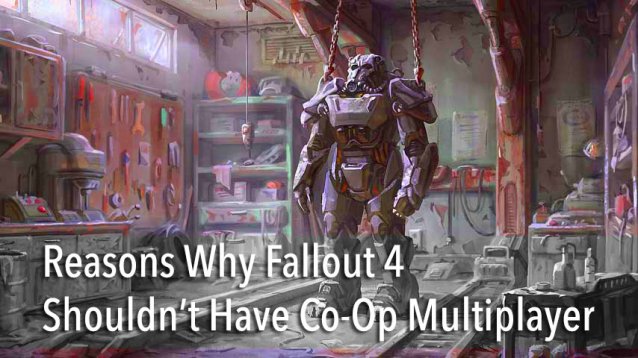
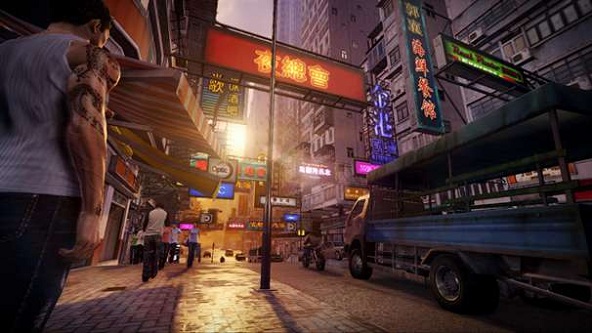

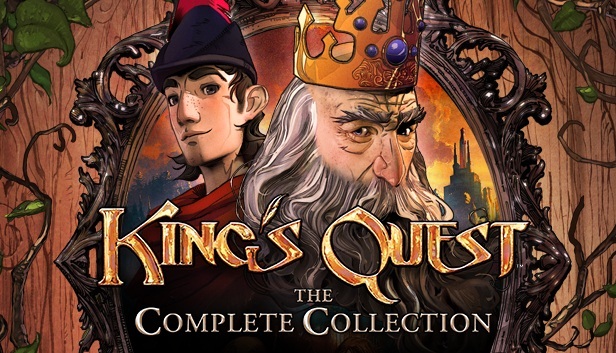
 How to unlock and change skins in Batman: Arkham Knight
How to unlock and change skins in Batman: Arkham Knight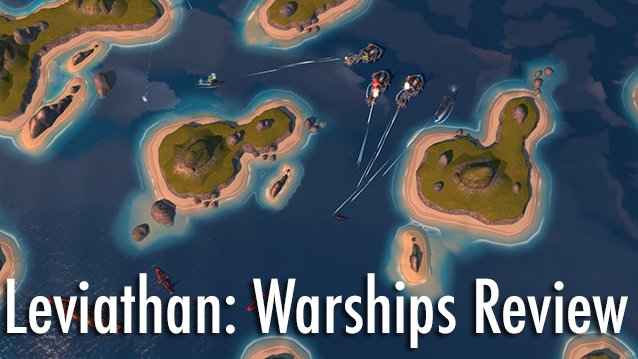 Leviathan: Warships Review
Leviathan: Warships Review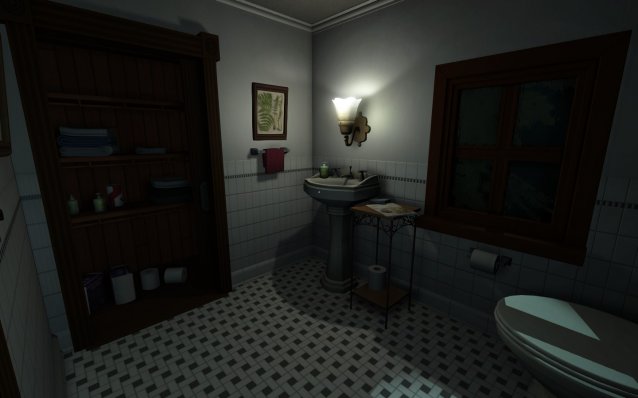 Gone Home Review
Gone Home Review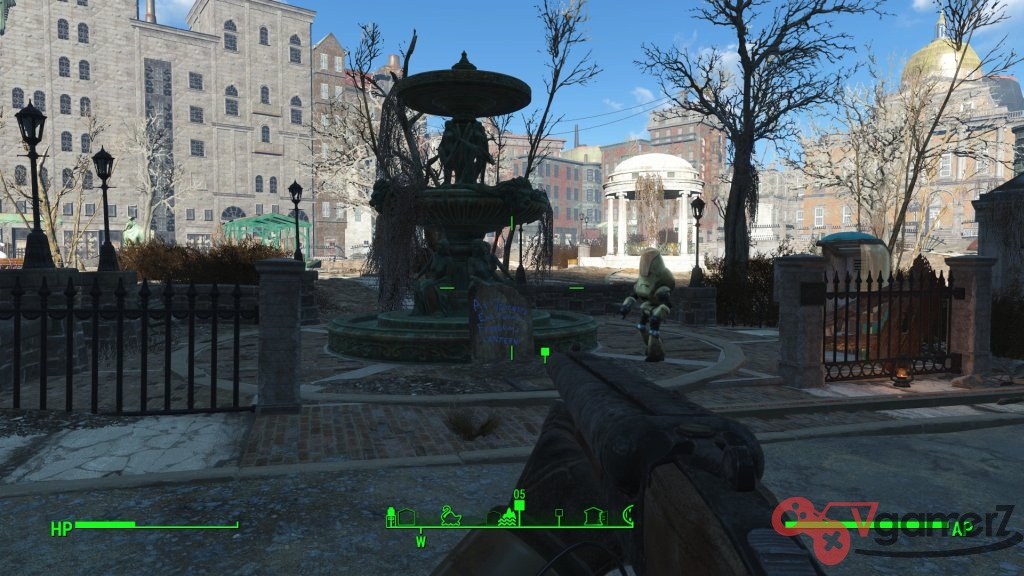 Fallout 4 Mission Guide: Road to Freedom
Fallout 4 Mission Guide: Road to Freedom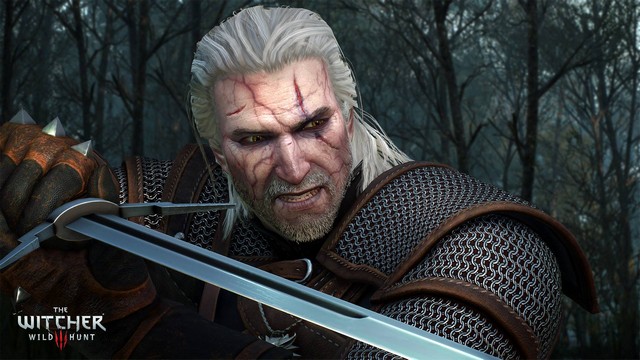 The Witcher 3: Wild Hunt Guide: How To Find a Hidden Chest Off-Shore
The Witcher 3: Wild Hunt Guide: How To Find a Hidden Chest Off-Shore